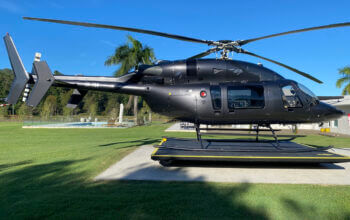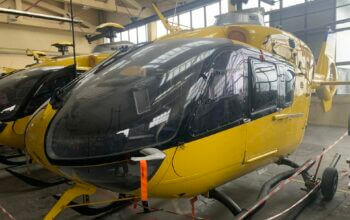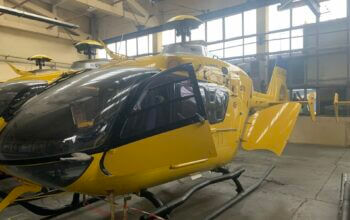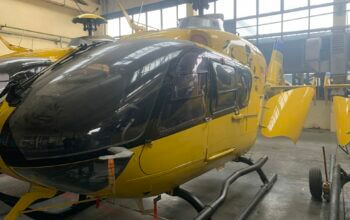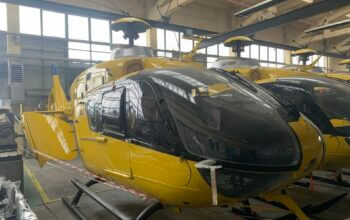Estimated reading time 3 minutes, 35 seconds.
After years of considering a manned airborne intelligence, surveillance and reconnaissance (MAISR) platform to support Special Operations Forces, Canada is moving forward with a plan to acquire three new Beechcraft King Air 350ER turboprops through a foreign military sales case with the U.S. government.
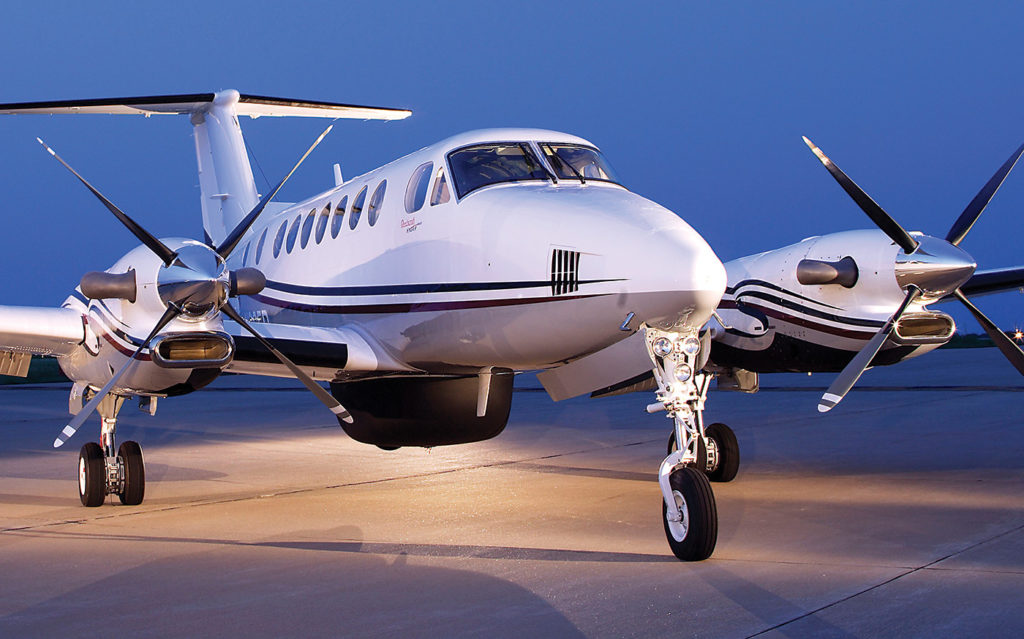
The procurement is expected to include advanced, military-grade ISR mission equipment.
The U.S. government was “identified as the only source of supply capable of providing the fully-integrated solution,” said Jessica Lamirande, a spokesperson for the Department of National Defence (DND).
It’s expected to take up to 12 months to put the foreign military sale agreement in place, and DND does not have a timeframe for aircraft delivery or their entry into service, said Lamirande.
“We will be in contested areas with this aircraft and sometimes adversaries have a vote,” said BGen Michel Lalumiere, director general of Air Force Development. “This aircraft needs to bring, definitely, a set of capabilities to be able to operate in those types of environments.”
In addition to the aircraft and mission equipment, the federal government is looking to procure the necessary in-service support (ISS)–estimated at 20 years–through a competitive process. A letter of interest related to ISS procurement was issued April 26, 2018, and industry engagement activities are expected to continue until the spring of 2019, said Lamirande.
The government is expected to release a formal request for proposals at that point.
Over 15 companies registered to attend an ISS industry day in June. Lamirande could not provide the names of the companies, but Textron Aviation, for one, is listed on the federal procurement website as an interested party for ISS.
“Aircraft such as these will help enhance the ability of our Special Operations Forces to improve their understanding of the operational environment,” said Lamirande. “The aircraft will be configured with military grade advanced sensors, and secure communications equipment. MAISR will have the capacity to be deployed on short notice and will provide the CAF [Canadian Armed Forces] with better situational awareness on the ground and thus positively affect the ability of CAF leaders to make decisions leading to mission success.
“The project will help to improve future CAF operations at home and abroad,” she added.
The government committed to acquire an airborne ISR capability under Strong, Secure, Engaged, the defence policy it released in 2017. The policy allocates $6.5 billion in new funding for DND over the next six years, and $62.3 billion over the next 20 years.
Canada had been seeking a King Air-type platform for MAISR but settled on the King Air itself after consulting industry through a letter of interest in September 2015, said Lamirande.
“It was decided that the best approach is to combine the aircraft and integration together, in order to mitigate technical, integration and schedule risks,” she said.
It’s expected Canada’s MAISR capability will complement services provided by remotely-piloted aircraft systems (RPAS), the CP-140 Aurora long-range patrol aircraft, and its future replacement, the Canadian Multi-Mission Aircraft (CMMA).
